Iran Vows Retaliation In ‘Proper Time’ For Nuclear Scientist’s Killing
Enlarge this image
Iranian protesters burn images of President Trump and President-elect Joe Biden during a rally in front of the foreign ministry Saturday in Tehran. Iranian leaders have blamed Israel and its close ally, the U.S., for the assassination of a top Iranian nuclear scientist.
Atta Kenare/AFP via Getty Images
hide caption
toggle caption
Atta Kenare/AFP via Getty Images
Middle East
Top Iranian Nuclear Scientist Killed In Attack
Asia
Iran’s Top Nuclear Scientist Assassinated
Iran’s Top Nuclear Scientist Assassinated
Listen
·
5:29
5:29
Toggle more options
- Download
Embed
Embed
<iframe src=https://www.npr.org/player/embed/939629383/939629384″ width=100% height=290″ frameborder=0″ scrolling=no title=NPR embedded audio player>
The rhetorical volleys from Iran’s leadership have stirred fears of renewed violence in the Persian Gulf, which saw a similar flare-up of tensions at the start of the year. In January a U.S. drone strike killed a top Iranian general, Maj. Gen. Qassem Soleimani, which, in turn, drew an Iranian retaliation against U.S. military bases in Iraq. Dozens of service members were diagnosed with mild traumatic brain injury, or TBI, after the Iranian missile attacks.
Many observers are now concerned there may be further violence in store — though the American presidential election may have affected the calculus for Iranian leaders. Whereas in January they had been confronting a hard-line Trump administration that had pulled the U.S. out of the 2015 nuclear deal, now the incoming Biden administration could be moving toward an eventual U.S. return to the deal and a reprieve from sanctions.
Karim Sadjadpour, a senior fellow at the Carnegie Endowment for International Peace, told NPR’s Weekend Edition that at the same time, Iranian leaders are also feeling domestic pressure to launch a violent reprisal.
«It’s going to be difficult to reconcile these two impulses, Sadjadpour said, «because if they do indeed retaliate against Israel or the United States, it’s going to make it more difficult to get that return to the nuclear deal.
Partly for that reason, some analysts are suggesting that ratcheting up tensions between Tehran and Washington was precisely the point of the killing.
«Israeli leaders have long been concerned about the Iran nuclear deal, Sadjadpour said. «There was probably few things that could have done it more effectively.
Some international leaders have scrambled to tamp down the simmering antagonism. In a statement Saturday, a spokesperson for the European Union’s diplomatic arm described the assassination as a «criminal act that «runs counter to the principle of respect for human rights the EU stands for.
«In these uncertain times, it is more important than ever for all parties to remain calm and exercise maximum restraint in order to avoid escalation which cannot be in anyone’s interest.
- Mohsen Fakhrizadeh
- Iran
Обсудим?
Смотрите также:

